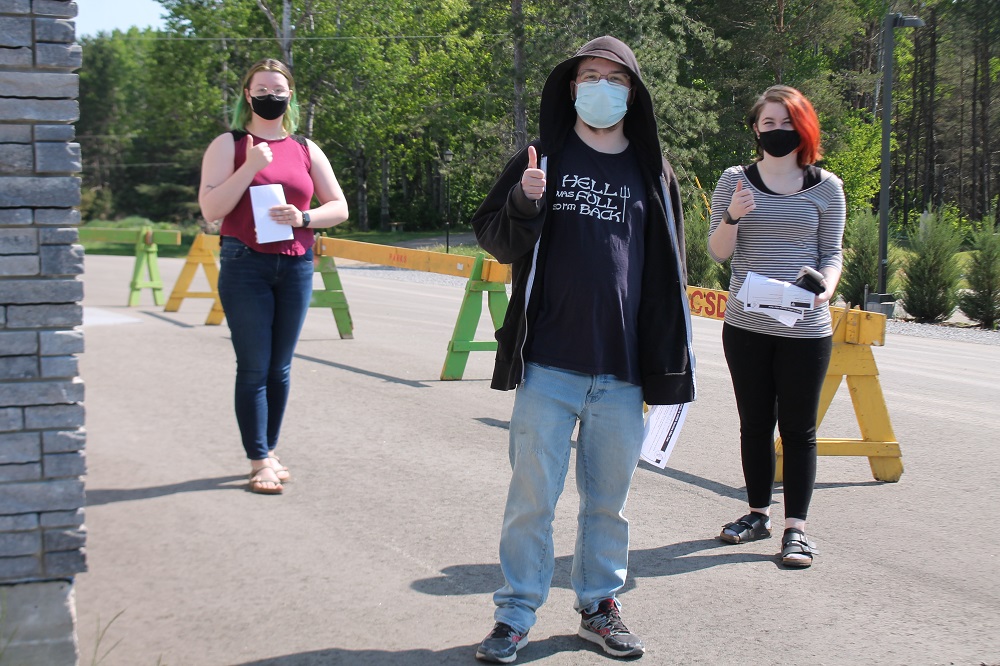A new report released June 21 by the Haliburton, Kawartha, Pine Ridge District Health Unit sheds light on what the health unit is calling significant health risks posed by climate change in the area.
The Climate Change Health Vulnerability and Adaptation Assessment report emphasizes climate change is not just an environmental issue but also the “biggest global health threat of the 21st century.
The report presents a comprehensive analysis of the current and future impacts of climate change on the health of residents in the area. It identifies populations more likely to be impacted and recommends adapting to reduce health risks.
According to the report, climate change can worsen existing health conditions and introduce new health threats.
Climate hazards identified in the report include extreme temperatures, extreme weather, poor air quality, vector-borne diseases, safe food and water, and solar ultraviolet (UV) radiation.
“This report shows that climate change is not a distant problem but a pressing local public health issue that requires immediate attention,” said Sue Shikaze, health promoter with the HKPR District Health Unit.
“We must act now to protect the health and well-being of our residents, especially those at greatest risk.”
Shikaze added there is a strong need for collaboration to adapt and be more resilient to climate change.
The report calls for action from multiple sectors, including health care, environmental agencies, community organizations, and policymakers. Key findings from the report include:
Temperature: Projections indicate a significant increase in hot days by 2050, leading to heat-related illnesses and mental health impacts, particularly affecting older adults, people with chronic illnesses, and those with limited income.
• Extreme weather: Flooding, power outages, severe storms, wildfires, and droughts are expected weather hazards, resulting in injuries, mental health impacts, and disruptions to health care services.
• Vector-borne diseases: Longer warm seasons contribute to the spread of insects carrying diseases, such as black-legged ticks (Lyme disease) and mosquitoes (West Nile virus). Outdoor workers, older adults, and individuals with weakened immune systems are at higher risk.
• Safe food and water: Increased temperature and precipitation pose threats to the safety and availability of drinking and recreational water, as well as food security. People on low income are particularly affected.
• Air quality: Rising temperatures contribute to higher concentrations of air pollutants, worsening allergies, and respiratory illnesses, and increasing the risk of heart disease and stroke. Traffic-related air pollution zones affect a significant portion of the population, including schools and long-term care facilities.
Shikaze said, “many programs of the HKPR District Health Unit address the health risks posed by climate change, including public education, collaborative initiatives, and advocacy for policy changes.
“The next phase of this work is the development of a climate change adaptation action plan that will provide a detailed roadmap for implementing adaptive measures to ensure the future health and well-being of the community.”
The report can be found at hkpr.on.ca/ ClimateChange.





